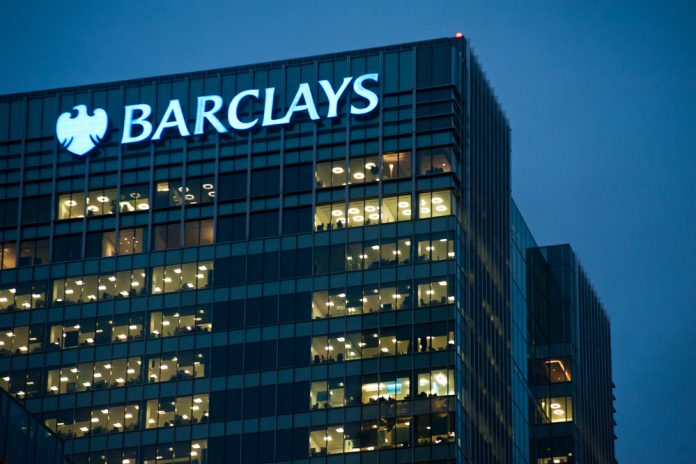Barclays (LON:BARC) chief executive Jes Staley apologised during the shareholder gathering over the whistleblowing scandal – ahead of the vote on his re-election to the board.
The Financial Conduct Authority and Prudential Regulation Authority are currently investigating the matter since last month when it emerged that Staley had broken the rules designed to protect whistleblowers.
“I feel it is important that I acknowledge to you – our shareholders – that I made a mistake in becoming involved in an issue which I should have left to the business to deal with,” he said, addressing shareholder gatherings.
“I have apologised to the board, and I would today like to apologise to you as well, for that error.”
The board has already said they will dock Staley’s pay or £1.3 million bonus over the issue.
Senior analyst at Hargreaves Lansdown, Laith Khalaf said: “Jes Staley hasn’t done himself a lot of favours recently, though the operational progress he has made at Barclays will have earned him some goodwill from shareholders,”
“We can, therefore, expect him to survive the shareholder vote, though he will face a significant cut in pay for his handling of a whistleblowing case within Barclays.”
The results from the vote will be announced to the stock exchange later on Wednesday.
Staley also said at the shareholder event that there was no need for Barclays to move operations or staff out of London following Brexit, however, if in the future it was deemed necessary to build on existing European structures they would.
John McFarlane, the bank’s chairman, added: “We… need to establish an enhanced presence inside the EU to handle our European activities within the borders of the EU should this be required as a result of the Brexit negotiations.”
“Since the financial crisis, the bank has been restructuring and shedding assets.
“The bank is now smaller and more focused, and by the time we sell down our stake in Barclays Africa we will have exited nearly 30 countries.
“As a consequence of this and other initiatives, the group balance sheet has almost halved from over £2trn in 2008 to £1.2trn at the end of March this year and will fall further this year.” he added.

